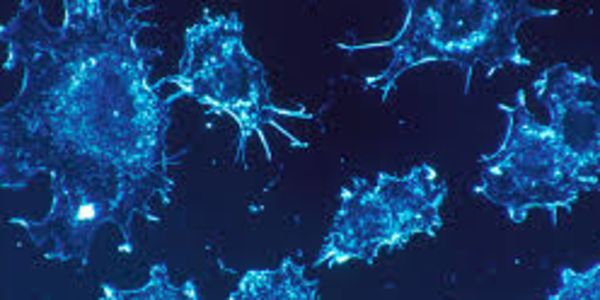Seeing Again: The Microchip That Restores Vision
For many people living with advanced dry age-related macular degeneration (AMD), life gradually dims as central vision fades. In its most severe form, called geographic atrophy (GA), cells in a small area of the retina die, leaving sufferers with blurred or distorted central vision. Color perception and fine detail are often lost, making everyday tasks like reading, writing, and recognizing faces impossible. Worldwide, GA affects around five million people, including over 250,000 in the UK alone. Now, a groundbreaking technology is changing lives. Patients fitted with a tiny microchip implant at Moorfields Eye Hospital in London are regaining some of the vision they lost. In a pioneering international trial, 84% of participants experienced meaningful sight, enabling them to read, complete crosswords, and engage in daily activities that were previously unimaginable.How the Implant WorksThe innovative procedure involves inserting a photovoltaic microchip, just 2 mm square and as thin as a human hair, under the retina. Patients wear specially designed glasses equipped with a video camera. The camera captures images and sends them via an infrared beam to the implant. The chip transmits these signals to a small pocket processor that enhances the images before sending them back to the retina and onward to the brain through the optic nerve. This advanced visual feedback allows patients to perceive shapes, letters, and fine details, enabling them to perform tasks that were once lost to blindness. While the technology does not restore full natural vision, it offers a level of independence and engagement with the world that was previously impossible for patients with GA.A Major Scientific BreakthroughConsultant ophthalmic surgeon Mahi Muqit, who led the UK arm of the trial at Moorfields, calls the implant “pioneering and life-changing.” Unlike previous experimental devices, this implant has demonstrated meaningful functional vision that patients can use daily. Reading, writing, recognizing objects, and even navigating spaces have become achievable again for those who were once visually incapacitated. The implant’s design and integration with digital technology mark a significant step forward in treating degenerative eye conditions. By directly converting images into signals that the brain can interpret, the chip bypasses damaged retinal cells, effectively restoring partial sight through an innovative bio-electronic interface.Training and AdaptationRegaining vision with the implant requires patience and practice. Patients spend months learning to interpret the images transmitted by the microchip. Initially, objects may appear as simplified shapes or patterns, but with consistent use and guidance, many participants report significant improvement in their ability to recognize text, navigate rooms, and distinguish faces. The success of this implant in an international trial has far-reaching consequences. With millions affected by GA worldwide, this technology offers hope to patients across continents. By restoring functional vision, the implant has the potential to reduce reliance on caregivers, enhance quality of life, and empower individuals to remain independent and socially active. Moreover, the trial’s success underscores the importance of bio-electronic medicine, merging technology, neuroscience, and ophthalmology to address complex health challenges. As further refinements are made, future versions of the implant may provide even higher resolution vision, expanding the possibilities for patients.A Future Filled with LightThe life-changing microchip implant is more than a medical device; it’s a symbol of human ingenuity and hope. For patients, it represents a return to independence and joy. For families, it brings relief, knowing their loved ones can once again engage in daily activities. This innovation also serves as a beacon for researchers and healthcare providers worldwide, demonstrating that even severe degenerative conditions can be addressed with cutting-edge technology. By restoring vision, the implant restores confidence, dignity, and the simple pleasure of seeing the world anew. The microchip eye implant represents a transformative milestone in ophthalmology, offering functional sight to those living with advanced macular degeneration. By combining surgical precision, digital innovation, and patient training, it is empowering blind individuals to regain independence, enjoy reading and hobbies, and reconnect with their communities.


.jpg)

